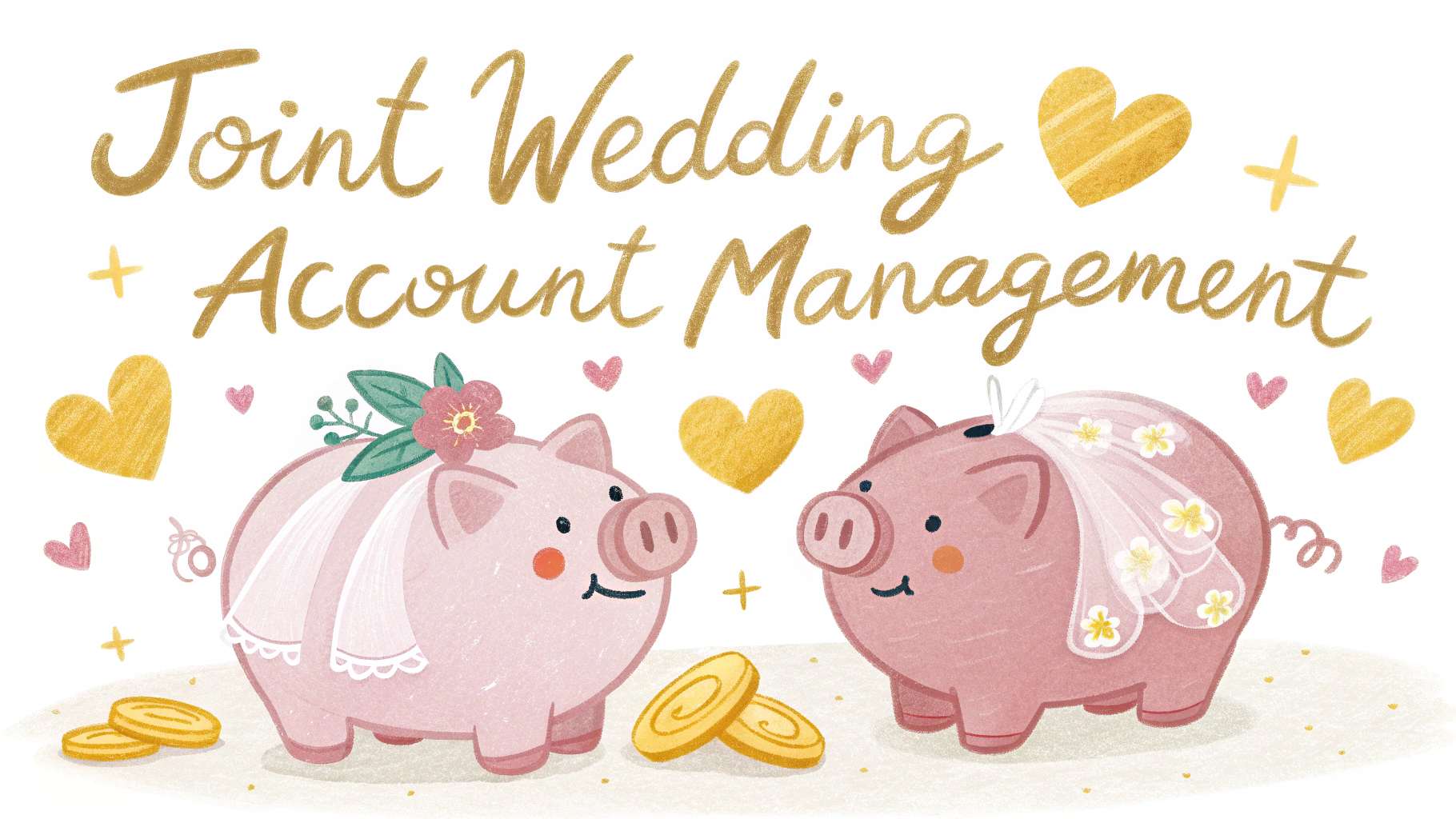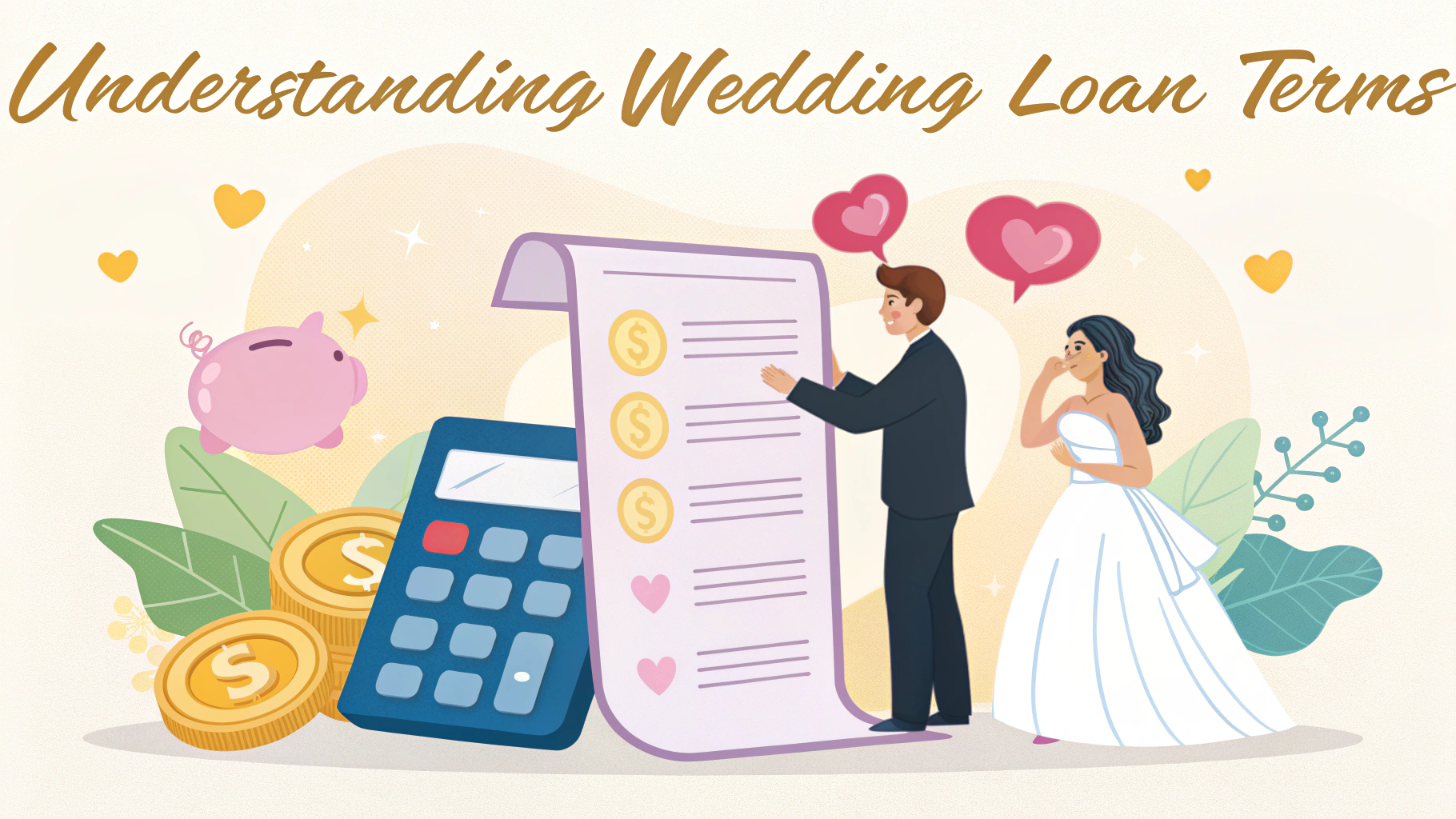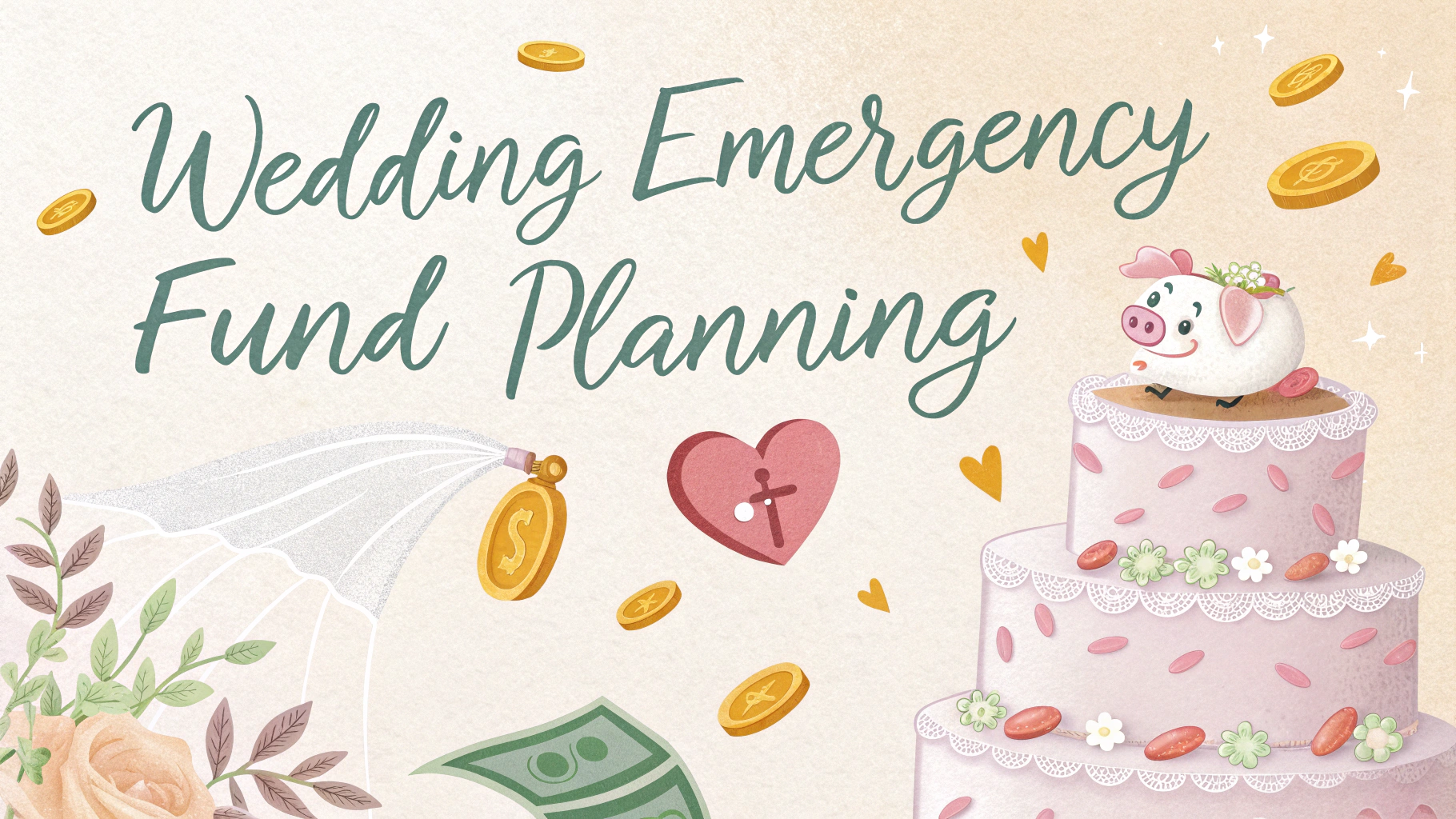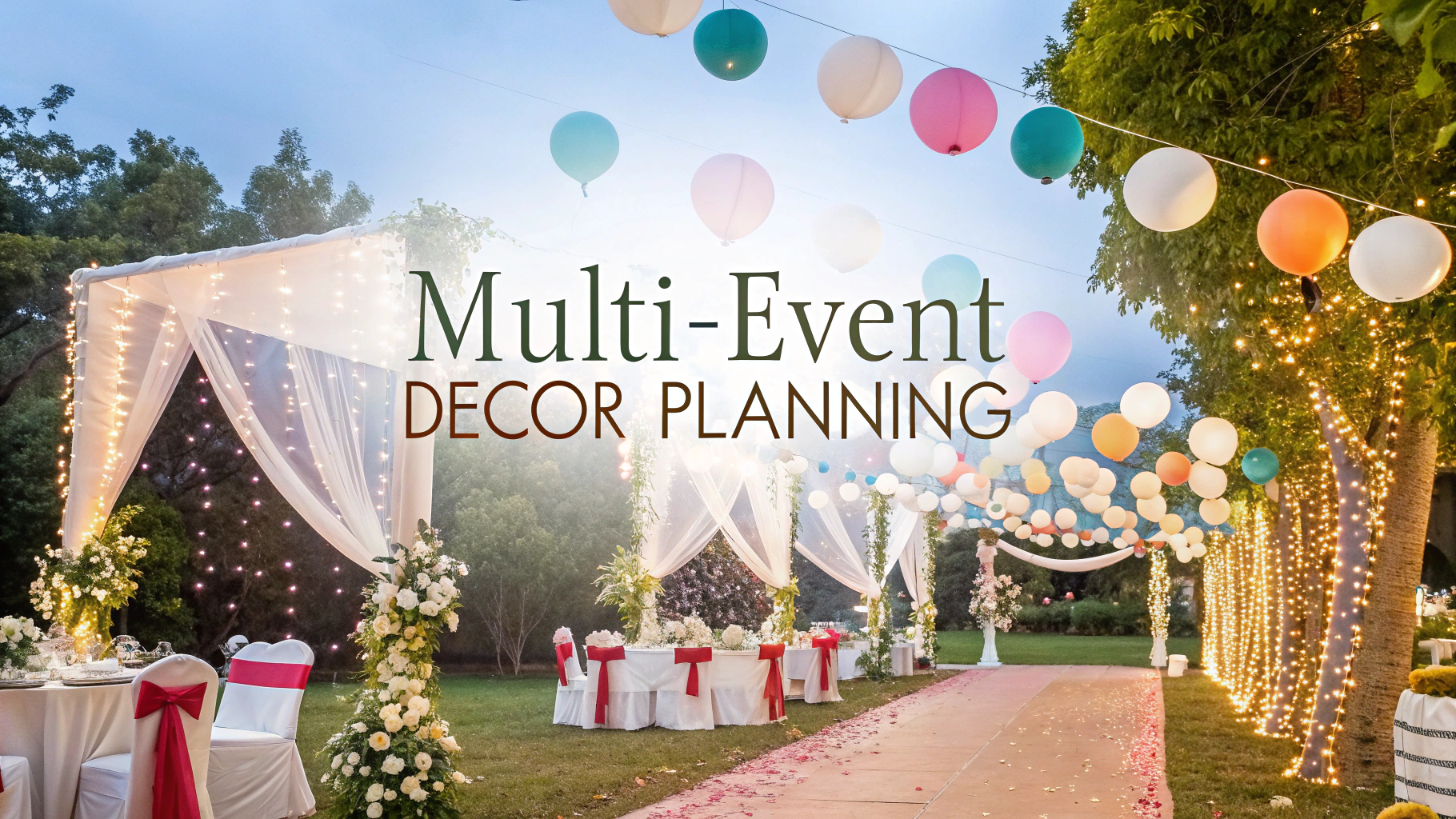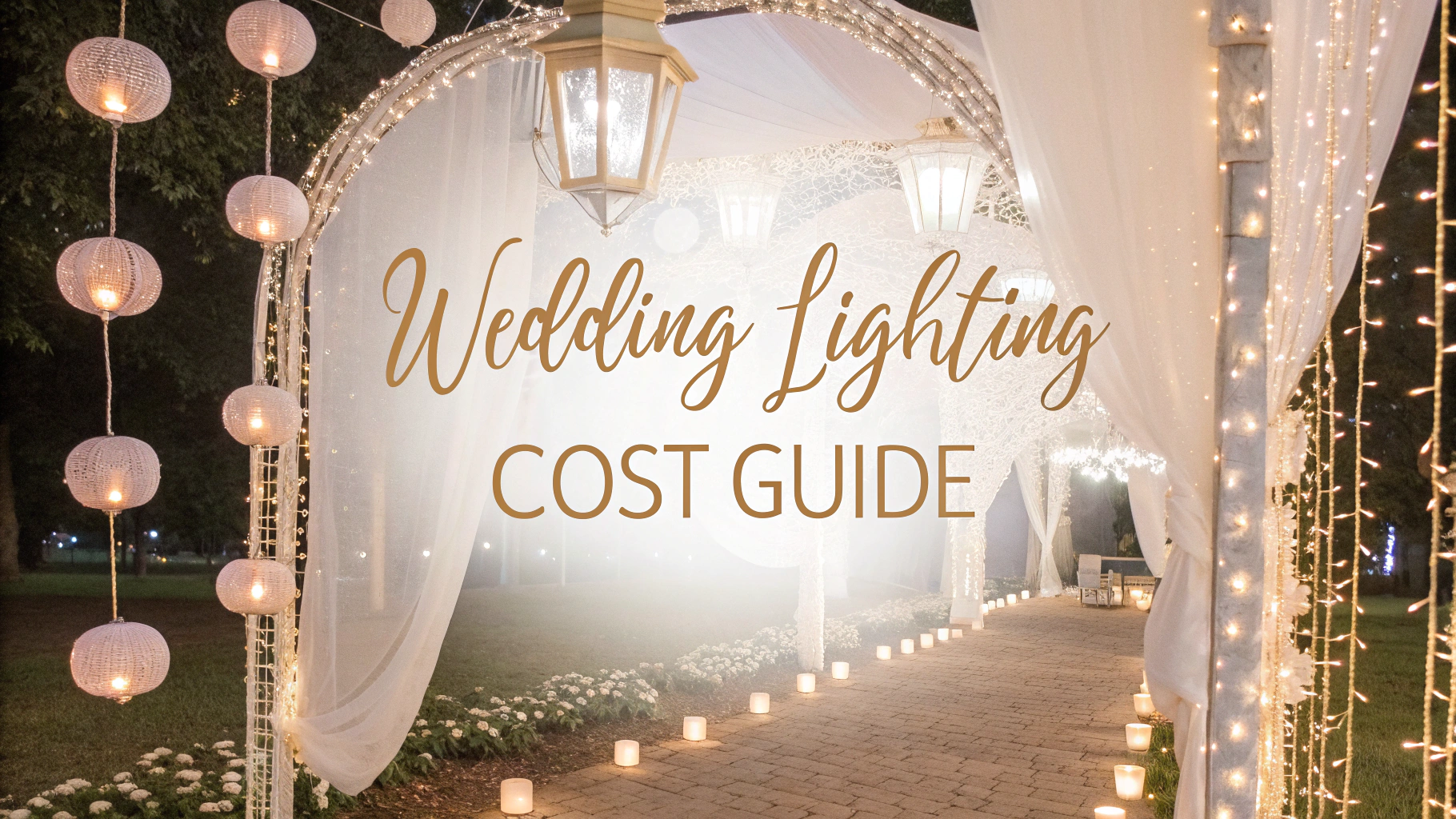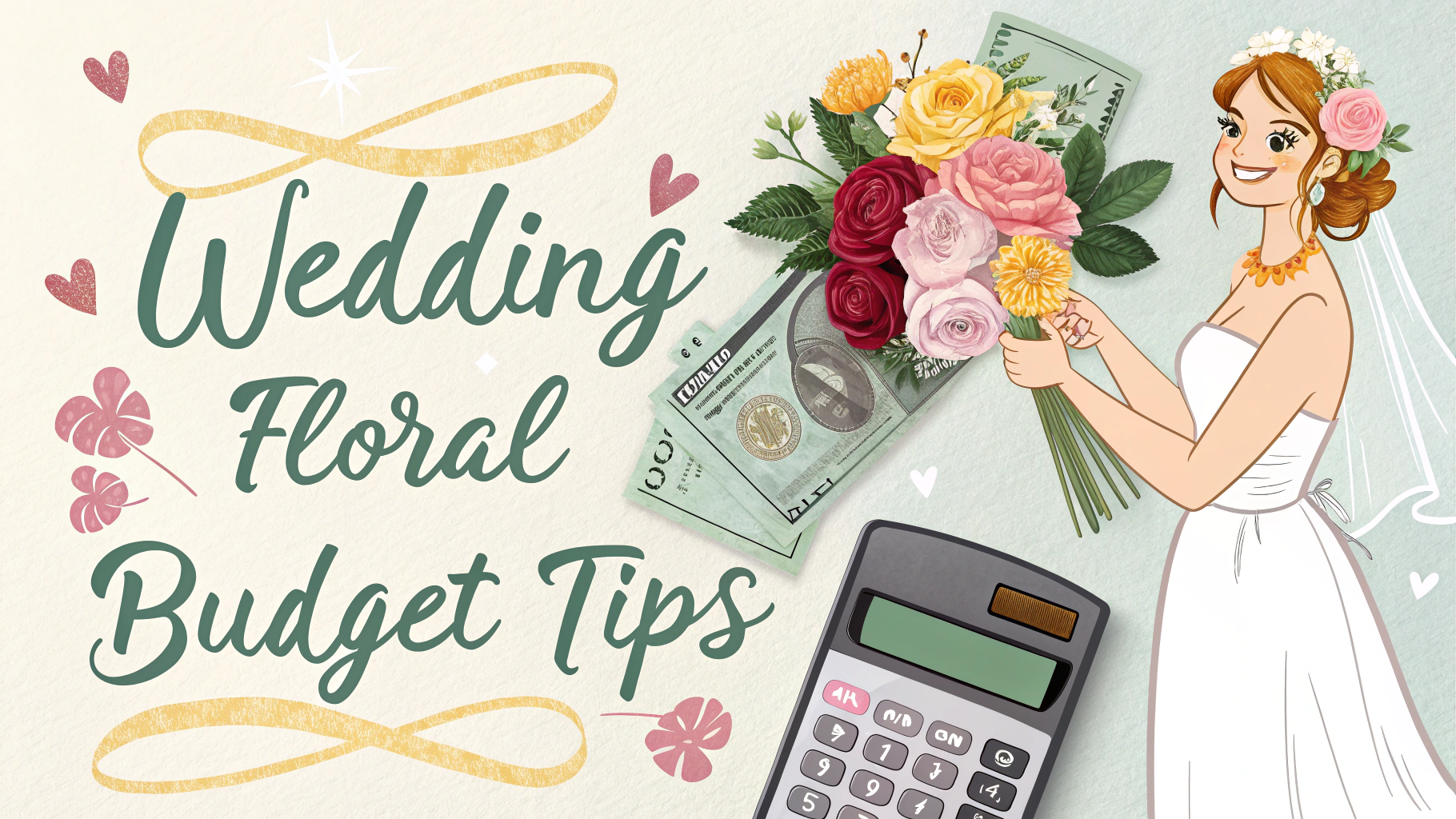Technology shapes how modern couples plan, organize, and celebrate their weddings, transforming traditional vendor services into digital experiences.
Wedding vendors now leverage various digital tools and platforms to streamline their services, enhance client communication, and deliver exceptional experiences.
Understanding these technological advances helps couples make informed decisions when selecting and working with wedding vendors.
Digital Planning and Management Tools
- Planning Software: The Knot Pro, Aisle Planner, Honeybook
- Payment Processing: Square, Stripe, PayPal for Vendors
- Client Management: Dubsado, 17hats, Studio Ninja
- Digital Contracts: HelloSign, DocuSign, Adobe Sign
Photography and Videography Innovation
Modern wedding photographers use professional-grade mirrorless cameras with dual card slots for backup security.
Drone photography and videography provide stunning aerial shots of venues and ceremonies.
- 360-degree cameras for immersive wedding experiences
- Same-day photo editing software for quick previews
- Cloud storage systems for safe image delivery
- Online galleries through Pixieset, ShootProof, or Pass
Digital DJ and Entertainment Services
Modern DJs use professional software like Serato or Virtual DJ with extensive music libraries.
- Digital mixing boards for superior sound quality
- Online song request systems
- LED lighting controlled through DMX interfaces
- Backup equipment redundancy
Catering and Event Management Technology
- Digital inventory management systems
- Temperature monitoring devices for food safety
- Online menu planning tools
- Digital kitchen display systems
- Mobile point-of-sale systems for bars
Virtual Tours and Venue Selection
Wedding venues now offer virtual tours through platforms like Matterport and Google Virtual Tour.
- 3D venue mapping for layout planning
- Digital floor plan software
- Virtual reality venue walkthroughs
- Live streaming options for remote guests
Communication and Coordination
- Project management tools: Asana, Trello, Monday.com
- Video conferencing: Zoom, Google Meet, Skype
- Messaging platforms: WhatsApp Business, Slack
- Digital timeline creation tools
Making Technology Work for Your Wedding
Research vendors who use updated technology systems that match your communication style and needs.
Request demonstrations of their digital tools during consultations.
Ensure vendors have backup systems and contingency plans for technology failures.
Consider compatibility between different vendors’ systems for seamless coordination.
Next Steps for Modern Couples
- Create a list of must-have technological features for your vendors
- Schedule video consultations with potential vendors
- Test their online systems before booking
- Review their digital contract and payment processes
- Discuss their backup plans and redundancy systems
Wedding Technology Integration Tips
Consider how different technological solutions will work together on your wedding day.
- Create a master technology timeline
- Test all systems prior to the wedding day
- Assign tech-savvy coordinators for each system
- Prepare offline backups for critical components
Data Security and Privacy Considerations
Protect sensitive wedding information and guest data through proper security measures.
- Verify vendor data protection policies
- Use secure payment gateways
- Implement password protection for shared documents
- Review privacy settings on wedding websites
Cost-Benefit Analysis of Wedding Tech
Evaluate the return on investment for various technological solutions.
- Compare traditional vs. digital service costs
- Consider long-term value of digital assets
- Factor in time savings and convenience
- Assess guest experience improvements
Embracing Modern Wedding Innovation
Technology continues to evolve the wedding industry, offering couples more control, creativity, and convenience in their planning process.
Select vendors who balance technological innovation with reliable service delivery.
Remember that while technology enhances the wedding experience, the focus should remain on celebrating your special day.
- Stay informed about new wedding technology trends
- Maintain flexibility in your technological approach
- Keep backup plans for critical systems
- Focus on solutions that truly enhance your celebration
FAQs
1. What are the essential technology tools every modern wedding vendor should use?
Planning software, digital contracts/e-signing platforms, online payment processing systems, client management systems (CRM), cloud storage for documents and photos, and social media management tools.
2. How can wedding vendors protect their clients’ digital data?
By using encrypted storage systems, secure payment gateways, password-protected galleries, implementing two-factor authentication, and having clear privacy policies in place.
3. What role does artificial intelligence play in modern wedding services?
AI assists with chatbots for customer service, automated scheduling, photo editing, music playlist curation, and predictive analytics for business planning.
4. Which virtual planning tools are most beneficial for wedding vendors?
3D venue visualization software, virtual reality venue tours, digital mood boards, online seating chart creators, and virtual consultation platforms.
5. How important is having a mobile-optimized website for wedding vendors?
It’s crucial as over 80% of couples plan their weddings through mobile devices, making mobile optimization essential for reaching and engaging potential clients.
6. What are the best digital payment solutions for wedding vendors?
Secure payment platforms like Square, PayPal Business, Stripe, and specialized wedding industry solutions like HoneyBook offer reliable transaction processing with booking protection.
7. How can wedding vendors effectively use social media for their business?
By maintaining active profiles on Instagram, Pinterest, and Facebook, using targeted ads, sharing real wedding content, engaging with followers, and utilizing platform-specific features like Instagram Reels and Stories.
8. What technical equipment do modern wedding vendors need for remote consultations?
High-quality webcam, professional microphone, reliable internet connection, proper lighting equipment, and video conferencing software with screen sharing capabilities.
9. How can wedding vendors integrate project management software into their workflow?
By using platforms like Aisle Planner or Planning Pod to manage timelines, tasks, budgets, and vendor communications in one centralized digital location.
10. What are the most effective digital marketing tools for wedding vendors?
Email marketing platforms, SEO tools, social media scheduling software, Google Analytics, and wedding-specific advertising platforms like WeddingWire and The Knot.
11. How can wedding vendors ensure their technology systems are backed up?
By implementing automated cloud backup solutions, using external hard drives for local copies, and regularly testing recovery procedures.
12. What emerging technologies should wedding vendors be aware of?
Live streaming services for hybrid weddings, drone photography/videography, augmented reality for venue visualization, and digital guest experience platforms.


